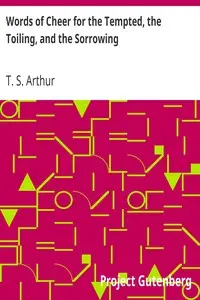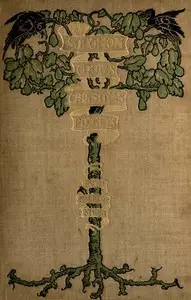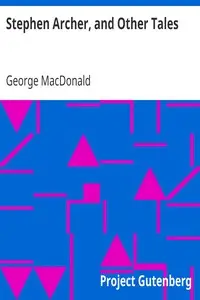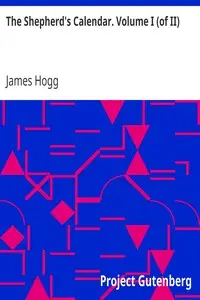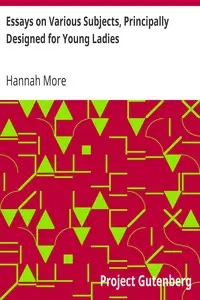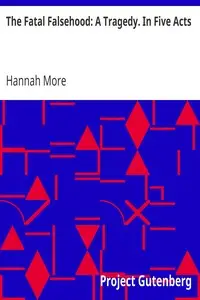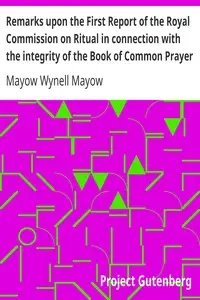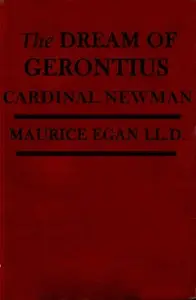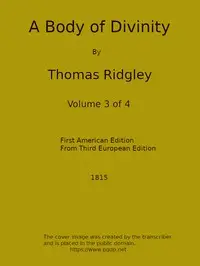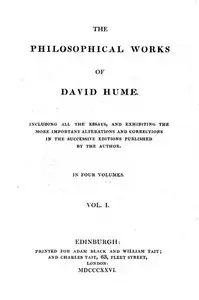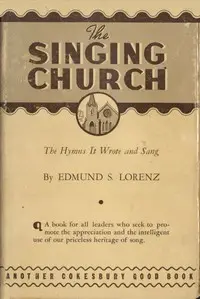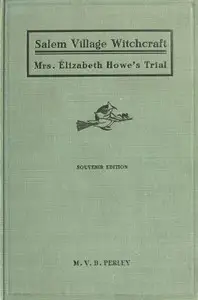"The Shepherd of Salisbury Plain, and Other Tales" by Hannah More is a selection of stories that teach moral lessons and celebrate simple living. Set in the mid-1800s era, the book shares stories about being good, having faith, and finding worth in a modest life, often spotlighting characters from everyday society. The first story is about Mr. Johnson, a kind man, who meets a shepherd. The shepherd's insights show the significance of living with devotion and hard work. As Mr. Johnson journeys across the plains, he meets a shepherd who shares thoughts about life, faith, and the joy found even when you have little. The shepherd is content, even though he is poor, which highlights the idea that real wealth comes from having a strong spirit rather than having money. Their talks cover the challenges he goes through, emphasizing the shepherd's strong trust in his beliefs and what he learns from the Bible. Their interaction kicks off a collection of stories that try to inspire and give moral guidance to readers.
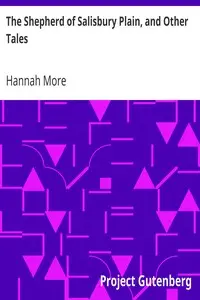
The Shepherd of Salisbury Plain, and Other Tales
By Hannah More
Witness an uplifting series of narratives where virtue and faith intertwine, revealing that the most profound riches reside not in material wealth, but in the depths of the human spirit.
Summary
About the AuthorHannah More was an English religious writer, philanthropist, poet, and playwright in the circle of Johnson, Reynolds and Garrick, who wrote on moral and religious subjects. Born in Bristol, she taught at a school her father founded there and began writing plays. She became involved in the London literary elite and a leading Bluestocking member. Her later plays and poetry became more evangelical. She joined a group opposing the slave trade. In the 1790s she wrote Cheap Repository Tracts on moral, religious and political topics, to distribute to the literate poor. Meanwhile, she broadened her links with schools she and her sister Martha had founded in rural Somerset. These curbed their teaching of the poor, allowing limited reading but no writing. More was noted for her political conservatism, being described as an anti-feminist, a "counter-revolutionary", or a conservative feminist.
Hannah More was an English religious writer, philanthropist, poet, and playwright in the circle of Johnson, Reynolds and Garrick, who wrote on moral and religious subjects. Born in Bristol, she taught at a school her father founded there and began writing plays. She became involved in the London literary elite and a leading Bluestocking member. Her later plays and poetry became more evangelical. She joined a group opposing the slave trade. In the 1790s she wrote Cheap Repository Tracts on moral, religious and political topics, to distribute to the literate poor. Meanwhile, she broadened her links with schools she and her sister Martha had founded in rural Somerset. These curbed their teaching of the poor, allowing limited reading but no writing. More was noted for her political conservatism, being described as an anti-feminist, a "counter-revolutionary", or a conservative feminist.

